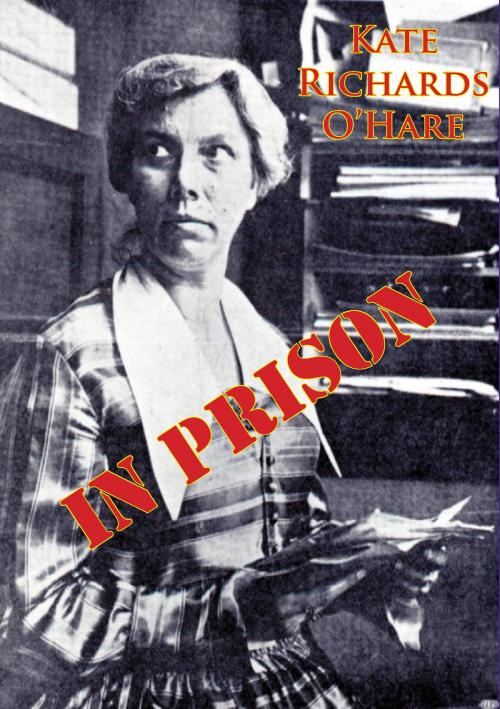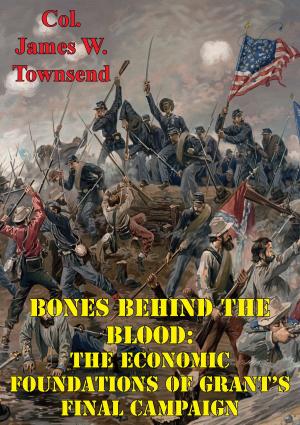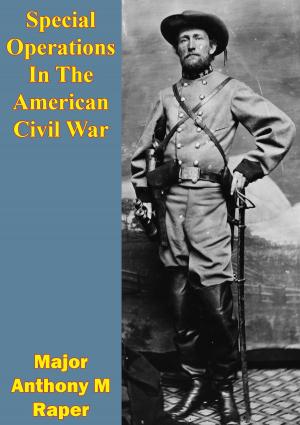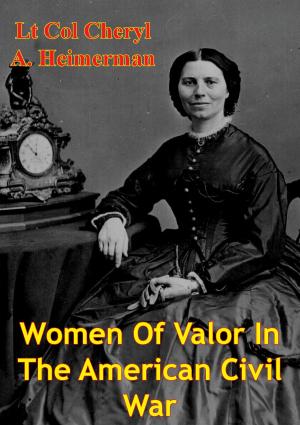| Author: | Kate Richards O’Hare | ISBN: | 9781786255129 |
| Publisher: | Golden Springs Publishing | Publication: | November 6, 2015 |
| Imprint: | Golden Springs Publishing | Language: | English |
| Author: | Kate Richards O’Hare |
| ISBN: | 9781786255129 |
| Publisher: | Golden Springs Publishing |
| Publication: | November 6, 2015 |
| Imprint: | Golden Springs Publishing |
| Language: | English |
A fascinating view of prisons in the early years of the Twentieth Century.
Carrie Katherine “Kate” Richards was born March 26, 1876 in Ottawa County, Kansas. Her father, Andrew Richards (c. 1846-1916), was the son of slave-owners who had come to hate the institution, enlisting as a bugler and drummer boy in the Union Army at the outbreak of the American Civil War in 1861. Following conclusion of the war he had married his childhood sweetheart and moved to the western Kansas frontier, where his wife Lucy and he had brought up Kate and her four siblings, raising the children as socialists from an early age.
After America’s entry into World War I in 1917, O’Hare led the Socialist Party’s Committee on War and Militarism. For giving an anti-war speech in Bowman, North Dakota, O’Hare was arrested and taken to prison by federal authorities for violating the Espionage Act of 1917, an act criminalizing interference with recruitment and enlistment of military personnel. With no federal penitentiaries for women existing at the time, she was delivered to Missouri State Penitentiary on a five-year sentence in 1919. While in prison Richards published two books, Kate O’Hare’s Prison Letters (1919) and In Prison (1923). After a nationwide campaign President Calvin Coolidge commuted her sentence. Richards took a keen interest in prison reform and carried out a national survey of prison labor (1924-26).
A fascinating view of prisons in the early years of the Twentieth Century.
Carrie Katherine “Kate” Richards was born March 26, 1876 in Ottawa County, Kansas. Her father, Andrew Richards (c. 1846-1916), was the son of slave-owners who had come to hate the institution, enlisting as a bugler and drummer boy in the Union Army at the outbreak of the American Civil War in 1861. Following conclusion of the war he had married his childhood sweetheart and moved to the western Kansas frontier, where his wife Lucy and he had brought up Kate and her four siblings, raising the children as socialists from an early age.
After America’s entry into World War I in 1917, O’Hare led the Socialist Party’s Committee on War and Militarism. For giving an anti-war speech in Bowman, North Dakota, O’Hare was arrested and taken to prison by federal authorities for violating the Espionage Act of 1917, an act criminalizing interference with recruitment and enlistment of military personnel. With no federal penitentiaries for women existing at the time, she was delivered to Missouri State Penitentiary on a five-year sentence in 1919. While in prison Richards published two books, Kate O’Hare’s Prison Letters (1919) and In Prison (1923). After a nationwide campaign President Calvin Coolidge commuted her sentence. Richards took a keen interest in prison reform and carried out a national survey of prison labor (1924-26).

![Cover of the book Analysis Of The Relationship Between Technology And Strategy And How They Shaped The Confederate States Navy [Illustrated Edition] by Kate Richards O’Hare](https://www.kuoky.com/images/2014/august/300x300/9781782896067-yTa1_300x.jpg)


![Cover of the book At Gettysburg, Or, What A Girl Saw And Heard Of The Battle. A True Narrative. [Illustrated Edition] by Kate Richards O’Hare](https://www.kuoky.com/images/2014/june/300x300/9781782892311-hgkP_300x.jpg)
![Cover of the book Four Years Under Marse Robert [Illustrated Edition] by Kate Richards O’Hare](https://www.kuoky.com/images/2015/november/300x300/9781786251169-Rry8_300x.jpg)

![Cover of the book Dragoon Or Cavalryman, Major General John Buford In The American Civil War [Illustrated Edition] by Kate Richards O’Hare](https://www.kuoky.com/images/2014/august/300x300/9781782895015-fa7T_300x.jpg)
![Cover of the book Fredericksburg Staff Ride: Briefing Book [Illustrated Edition] by Kate Richards O’Hare](https://www.kuoky.com/images/2014/august/300x300/9781782898573-vand_300x.jpg)



![Cover of the book The War Of The American Revolution: Narrative, Chronology, And Bibliography [Illustrated Edition] by Kate Richards O’Hare](https://www.kuoky.com/images/2014/august/300x300/9781782896456-bGDt_300x.jpg)

![Cover of the book Red Badge of Courage [Illustrated Edition] by Kate Richards O’Hare](https://www.kuoky.com/images/2013/february/300x300/9781908902757-OBfC_300x.jpg)
